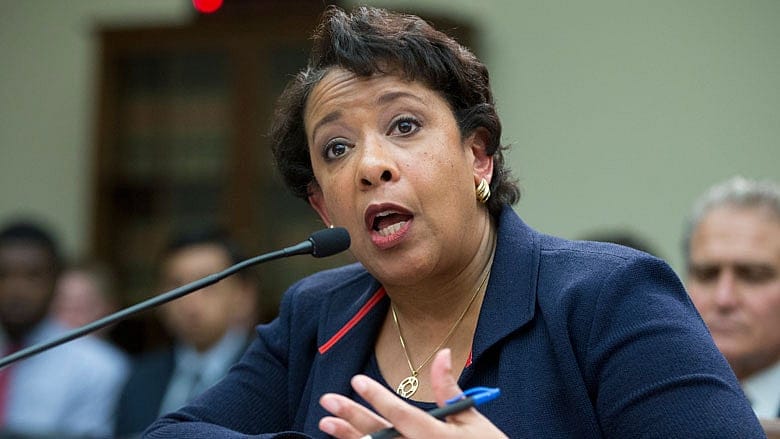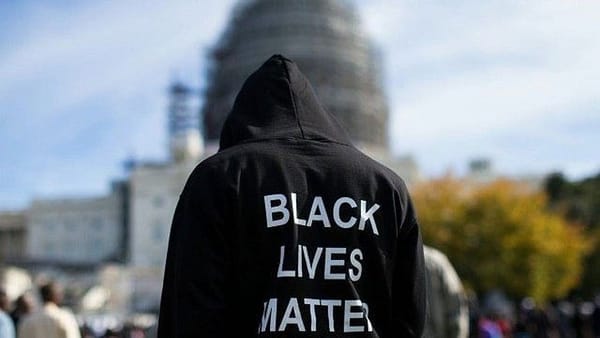AG Lynch tells Congress: ‘It would be inappropriate’ to comment further on Clinton email probe

(CNSNews.com) – Attorney General Loretta Lynch said in her opening statement Tuesday that she would not "comment further" on the investigation into former Secretary of State Hillary Clinton's use of a private email server now that the FBI's probe has concluded with no charges recommended against the presumed Democratic presidential nominee.
"I want to close with a comment about the investigation of Secretary Clinton's use of a personal email server during her time as secretary of State. As you are aware, last week I met with [FBI] Director [James] Comey and career prosecutors and agents who conducted that investigation," the attorney general said.

